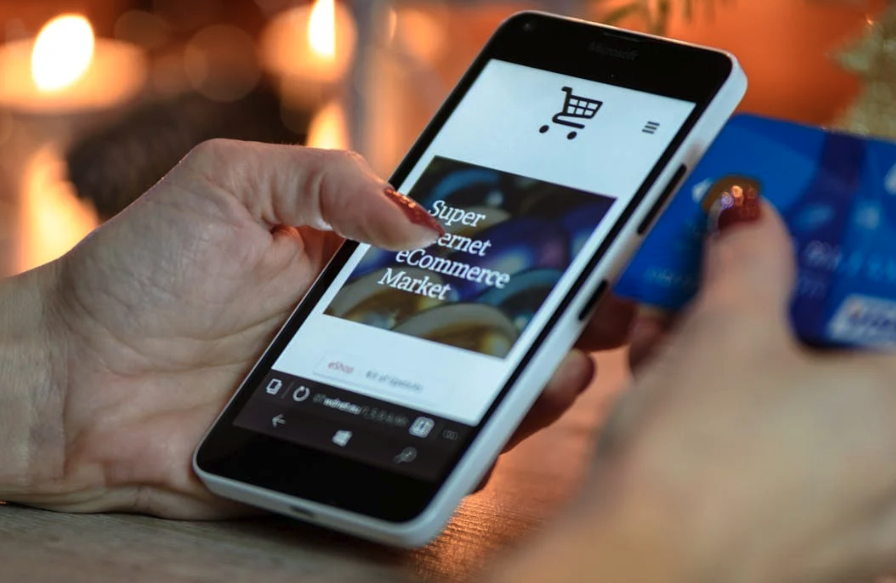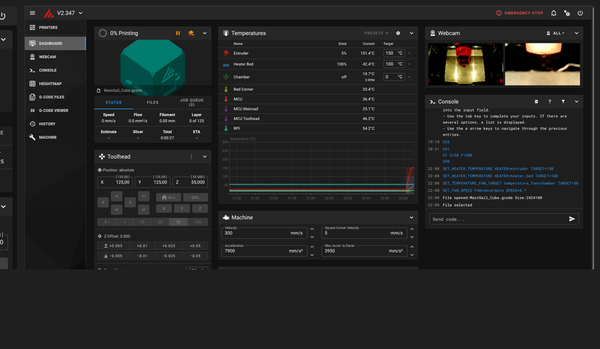The Power of Personalization: Crafting Tailored Shopping Experiences

Consumers in today's fast-paced digital environment demand personalized experiences tailored to meet their preferences and needs. Personalization has quickly become one of the cornerstones of retail businesses' interactions with their customers by taking advantage of cutting-edge technologies and data analytics.
Companies now excel in customer experience by customizing shopping experiences for each shopper, exceeding customers' expectations while simultaneously building loyalty and driving business growth and retention rates up. In this article, we investigate personalization's transformative effect in retail spaces worldwide.
The Role of Social Media in Personalization
Social media platforms serve as valuable sources of customer data, offering businesses invaluable insight into user preferences, browsing behavior, and engagement levels through likes, shares and content consumption. Companies can utilize this customer data to personalize their social media marketing strategies effectively.
Imagine ads highlighting products a user expressed interest in or personalized recommendations based on past purchases; these capabilities make social media platforms the perfect venue to engage directly with customers and offer opportunities to interact.
Responding to comments and messages creates an interactive dialogue, reinforcing brand loyalty and building an engaged sense of community. Businesses can take advantage of social media data by cultivating interaction. Using this method businesses can craft personalized experiences tailored to each customer, driving engagement and ultimately, sales.
Among the different social media platforms, Instagram (still) stands as one of the most popular. Within the context of social media marketing, the strategic application of Instagram hashtags can amplify the message of personalization. Nowadays, there are special social media tools that make hashtag generation super easy. Businesses can use such tools to generate relevant IG hashtags and add a more personal touch to their business messages, reaching a wider audience.
Understanding Customer Preferences
A key step toward personalized marketing begins with understanding customer preferences on a more personal level. Businesses can gain insights by collecting and analyzing data such as purchase history, browsing behavior and demographic data about individual customer preferences.
This knowledge may come in the form of product recommendations tailored directly towards those customers' individual needs and interests as well as customized offers and marketing campaigns designed to satisfy shoppers. Ultimately, such insights increase satisfaction among shoppers while improving overall shopping experiences.
Personalized Customer Service
Customization has the power to transform customer service and support by offering tailored and proactive assistance. Businesses can leverage customer data to anticipate needs and offer tailored recommendations or support. This can be achieved by deploying virtual assistants and chatbots that understand user preferences for real-time assistance during shopping journeys.
Additionally, businesses that want to supercharge their customer service and offer round-the-clock support would gain massive perks by outsourcing customer service. Transferring customer service operations to a third-party company involves more than simply handing off responsibility. It requires taking advantage of the knowledge, infrastructure support and resources available in offshore locations to offer exceptional and personalized customer service. This transformation aims to make operations cost-effective, efficient and growth-oriented while improving personalization efforts and customer satisfaction.
Customized Product Recommendations
A tangible manifestation of personalization can be found through customized product recommendations. Employing algorithms and machine learning, retailers can analyze customer data to suggest items that align with an individual's preferences - be they past purchases, browsing history or collaborative filtering which detects patterns among similar customers. According to research, 45% of retailers will use AI within three years to improve their customer experience.
Customized recommendations not only save customers time by providing relevant options that they'd be more likely to purchase but they can also drive sales for businesses by increasing purchase intent resulting in sales growth and increased revenues.
Personalized Promotions and Offers
Businesses can leverage personalized offers by segmenting customers based on their preferences and purchase behavior to tailor promotions specifically to these groups of consumers. Offering exclusive discounts that correspond with previous purchases can increase conversion rates significantly while sending tailored coupons can build stronger connections between customer and brand.

For Seamless Omnichannel Experiences, Personalization Is Key
Customer personalization plays a vital role in creating seamless omnichannel customer experiences. This is especially relevant as consumers increasingly expect hassle-free transitions from online and offline channels like e-commerce, mobile shopping and social media platforms.
By connecting customer data across various touchpoints seamlessly, businesses can offer tailored, consistent experiences regardless of platform or channel. This could include personalized product recommendations on websites, targeted advertisements via social media networks like Facebook, TikTok, Instagram, etc., in-store experiences delivered through mobile apps, and so on.
Building Customer Loyalty and Advocacy
Personalization can play an essential role in building customer loyalty and advocacy for businesses. When customers feel valued and understood by businesses, they tend to form stronger affinities and return as repeat buyers.
Plus, personalized experiences create an exclusive feel and allow satisfied customers to share positive stories that lead to word-of-mouth referrals or brand advocacy, ultimately driving sustainable business growth with satisfied customer bases. By prioritizing personalization efforts, businesses can cultivate loyal customer bases while driving sustainable expansion.
Conclusion
Personalization has revolutionized retail by offering shoppers tailored experiences designed around their individual preferences and needs. Utilizing customer data, businesses are now offering tailored product recommendations, targeted promotions and seamless omnichannel experiences that improve customer satisfaction substantially.
Customers appreciate tailored product suggestions based on past purchases, browsing behavior and demographic information. Businesses use these recommendations to present customers with suitable choices that save them time while increasing the likelihood of purchase. By customizing shopping experiences to individual customer profiles and preferences, businesses can increase customer satisfaction, foster loyalty and boost growth and success within themselves and for their enterprise.




